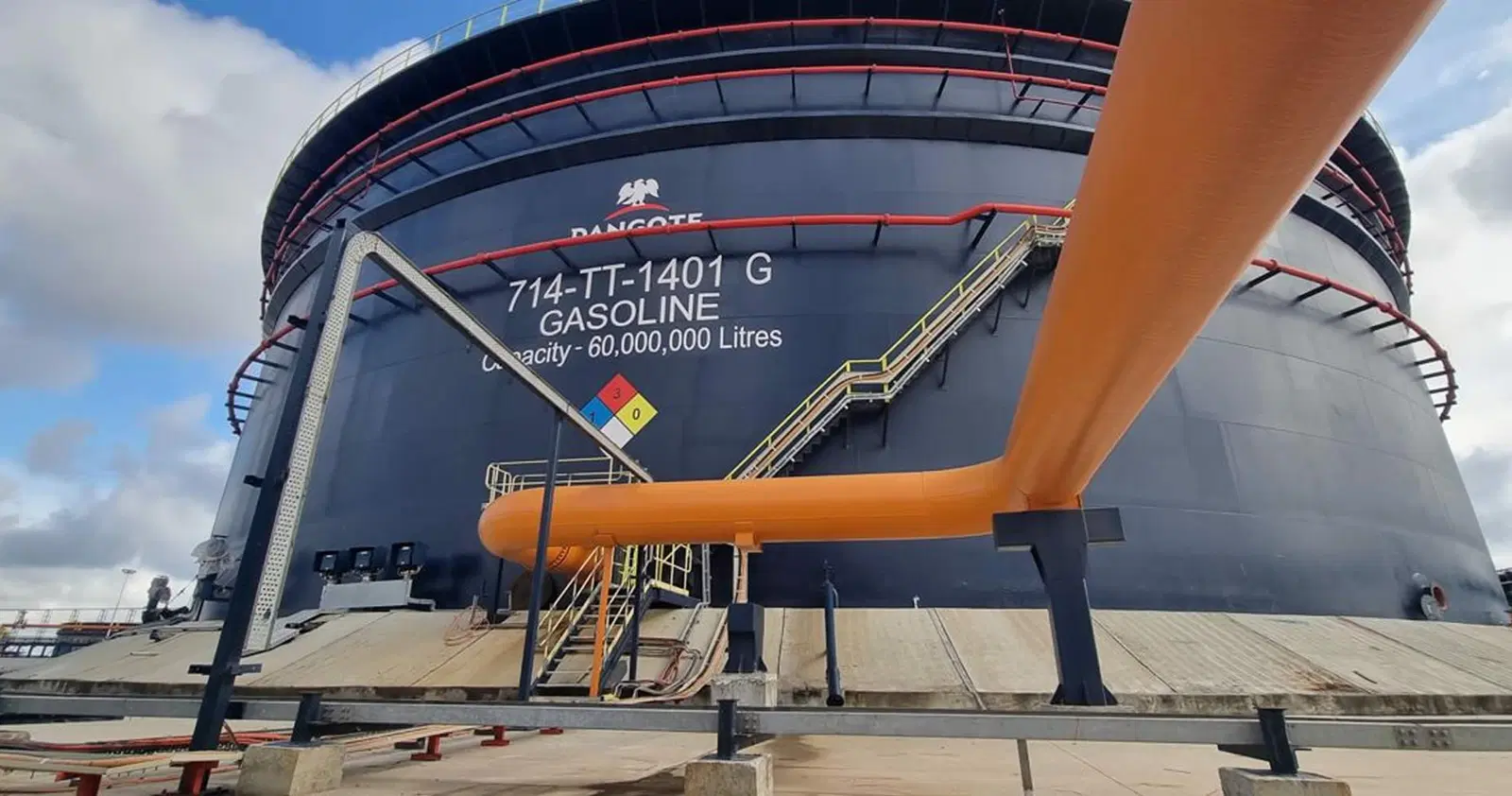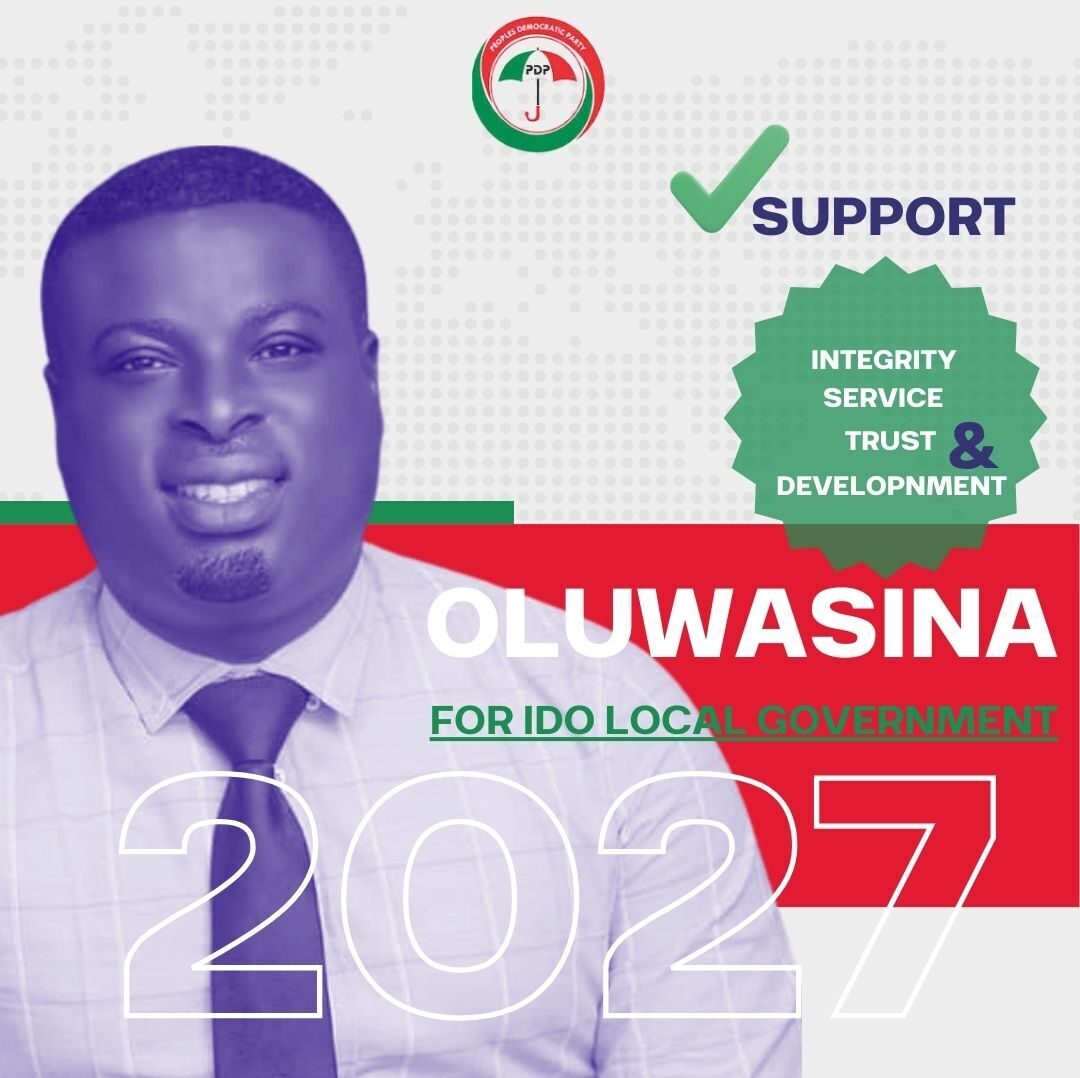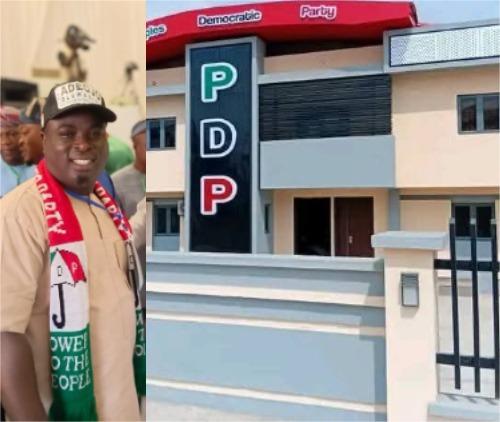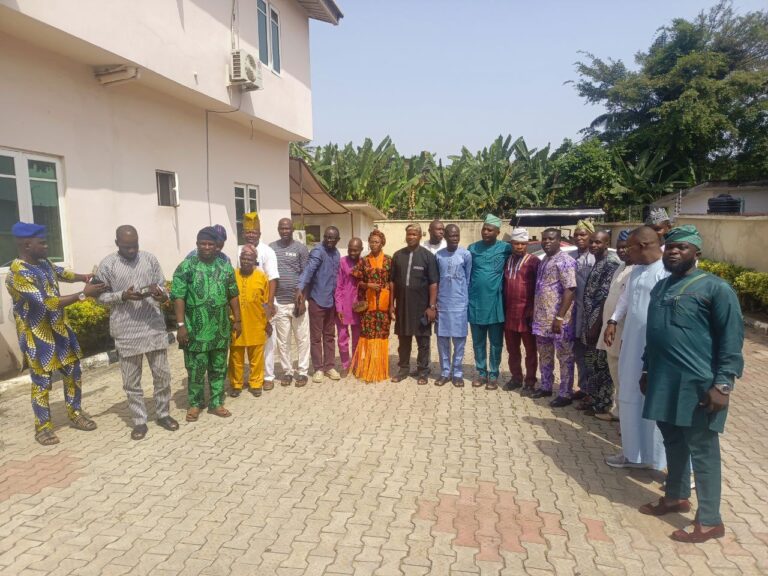
Despite the recent decision by the Dangote Petroleum Refinery to slash the ex-depot price of petrol by ₦40 per litre, many petroleum marketers across Nigeria have refused to adjust their pump prices, citing concerns over financial losses and unsold high-priced inventories.
The price reduction, which took effect on June 30, saw Dangote lower its petrol ex-depot rate from ₦880 to ₦840 per litre, following a significant decline in global crude oil prices after tensions between Israel and Iran subsided. Industry experts and consumers alike had hoped that the move would ease the financial burden on Nigerians, but checks across filling stations indicate that pump prices have remained unchanged in most locations.
Across Lagos, Ogun, Oyo, and other parts of the South West, filling stations were still selling Premium Motor Spirit (PMS) at prices ranging from ₦915 to ₦935 per litre as of Tuesday. In the South East and far North, prices reportedly hovered between ₦945 and ₦960, depending on distance and logistics factors.
This development has sparked public frustration, particularly among motorists and transport operators, who had anticipated a reduction in cost following the refinery’s gesture. However, petroleum marketers say their hands are tied — and that they cannot afford to reduce pump prices until their existing stock, purchased at the higher rate of around ₦900 to ₦920 per litre, is completely sold off.
Speaking to journalists, the National President of the Petroleum Products Retail Outlets Owners Association of Nigeria (PETROAN), Billy Gillis-Harry, offered a detailed explanation. He said while Dangote’s new price was a welcome development, retailers were not in a position to adjust their prices immediately because it would mean absorbing significant financial losses.
“How do you expect the price to come down at the pump?” Gillis-Harry asked. “If a marketer bought 45,000 litres of petrol at ₦920 per litre, and the depot price suddenly drops to ₦840, that’s an ₦80 loss per litre — translating to over ₦3.6 million in total. No business can survive that.”
He added that until the current stock is exhausted, pump prices are unlikely to reflect the new depot rate. According to him, selling at a loss would render many small and medium-sized operators unable to restock, which could lead to supply disruptions or even closures.
Meanwhile, a market survey conducted by petroleumprice.ng shows that several depots have adjusted their prices to align with Dangote’s reduction. RainOil, Pinnacle, Matrix, Emadeb, Wosbab, and First Royal were reportedly selling at ₦845 per litre in Lagos on Tuesday. Similarly, NIPCO, Aipec, and Integrated depots adjusted their rates to ₦850, while depots in Warri and Port Harcourt sold at an average of ₦860 per litre.
Despite these adjustments, retail outlets across the country continue to sell at the higher rates, much to the dismay of consumers. Even NNPC-owned filling stations, which many consider price leaders, have yet to implement any downward review. Reports show that NNPC stations sold petrol at ₦915 in Lagos and ₦925 in Ogun State.
The price volatility stems largely from fluctuations in global crude oil markets. The recent 12-day escalation between Israel and Iran had pushed Brent crude prices to nearly $80 per barrel, prompting Dangote and other suppliers to raise their depot prices to reflect the higher cost of crude.
Following a ceasefire between both nations and a drop in global tensions, Brent crude fell sharply, trading around $67 per barrel on Tuesday, while West Texas Intermediate (WTI) traded at $65, according to data from Oilprice.com.
As global prices retreated, many industry players expected an automatic reduction in the cost of refined products. But the reality on ground has proven otherwise, with pump prices staying high while only wholesale depot prices shift — a trend that has triggered questions about transparency and regulatory oversight.
Addressing this concern, the PETROAN President reiterated the association’s longstanding call for a six-month price stability policy. According to him, frequent price changes not only expose retailers to financial risk, but also create uncertainty for consumers and investors in the downstream sector.
“These daily or weekly fluctuations make it impossible to plan. We have asked the Nigerian Midstream and Downstream Petroleum Regulatory Authority (NMDPRA) to consider setting a six-month window for price stability, which would help cushion the effects of crude market volatility,” he said.
In a similar vein, Eche Idoko, spokesperson for the Crude Oil Refinery Owners Association of Nigeria, acknowledged that prices may take one to two weeks to reflect changes in the market, depending on how quickly old inventories are sold and new supply enters the chain.
“It’s not rocket science,” he said. “You cannot expect filling stations to sell cheaper fuel today when the one in their tanks was bought at a much higher cost. It takes time for the supply chain to adjust.”
Industry observers have also expressed curiosity as to why Dangote’s price was reduced only to ₦840, instead of returning to the previous ₦825 per litre. Some analysts say this may indicate the refinery’s effort to balance between global pricing dynamics and its operational cost structure, especially given the absence of government subsidies in a fully deregulated downstream sector.
For now, consumers must continue to bear the burden of high fuel costs, with many hoping for a broader and more immediate adjustment in the weeks ahead. Transport fares remain elevated, with ripple effects across food distribution, logistics, and everyday living.
Until new stock bought at the lower ex-depot rates fully penetrates the market, the expectation of relief at the pump may remain just that — an expectation.






